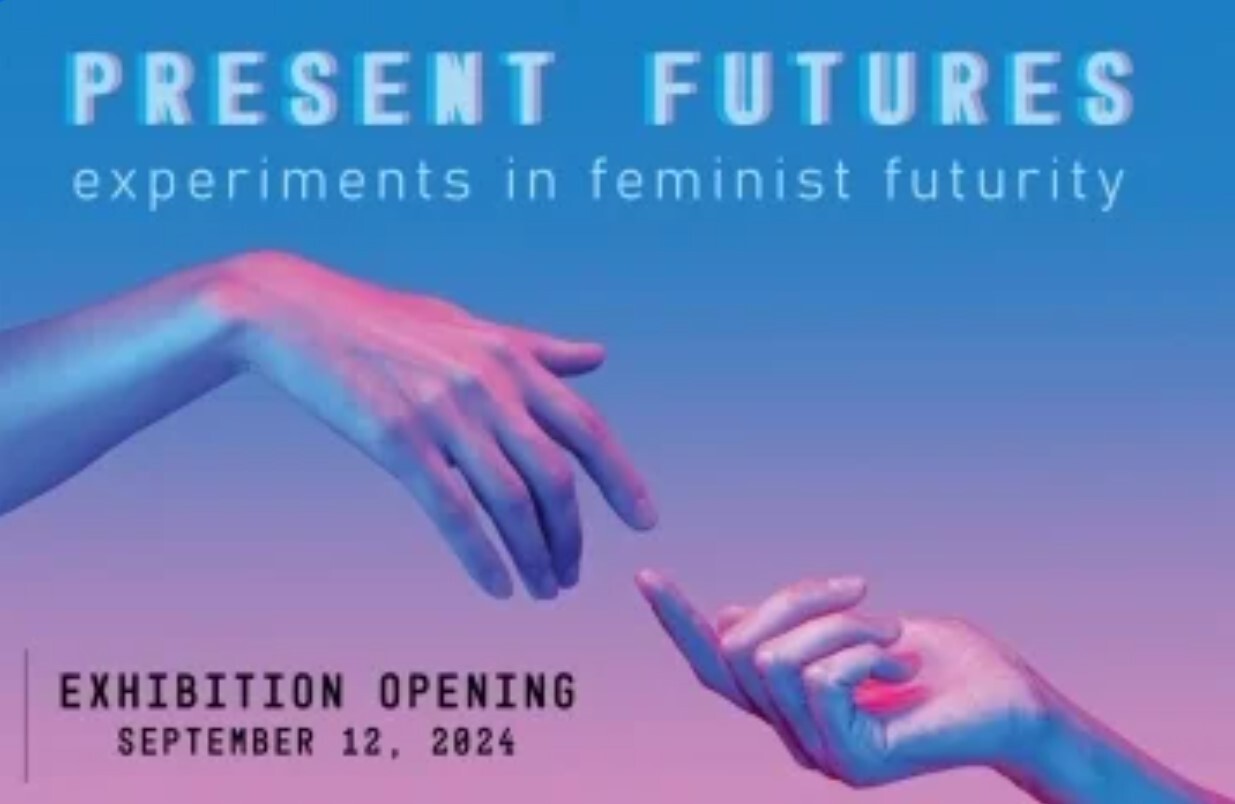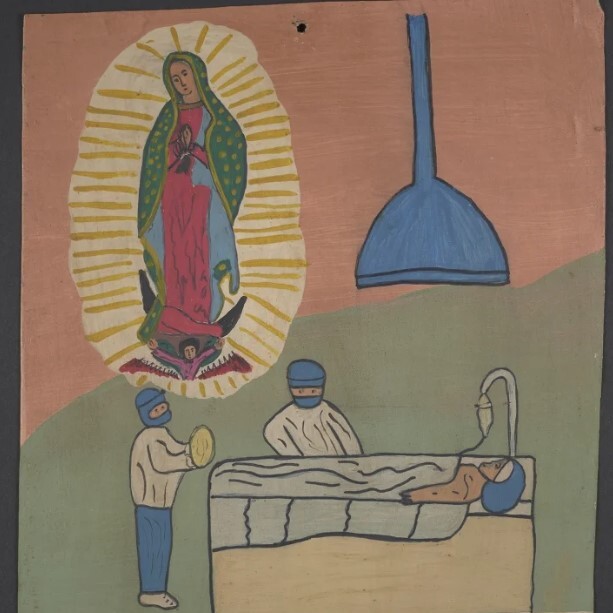Derek J. Penslar is the William Lee Frost Professor of Jewish History, and the Director of the Center for Jewish Studies at Harvard University. He is based in the Department of History, where he is the Director of Undergraduate Studies. Penslar is a resident faculty member at the Center for European Studies and is affiliated with the Center for Middle Eastern Studies.
Penslar takes a comparative and transnational approach to modern Jewish history, which he studies within the contexts of modern nationalism, capitalism, and colonialism. His books have engaged with a variety of approaches and methods, including the history of science and technology (Zionism and Technocracy, 1991), economic history (Shylock’s Children: Economics and Jewish Identity in Modern Europe, 2001), military history (Jews and the Military: A History, 2013), biography (Theodor Herzl: The Charismatic Leader, 2020), and the history of emotions (Zionism: An Emotional State, 2023). In two co-edited volumes, Penslar has brought Jewish Studies into conversation with Postcolonial Studies (Orientalism and the Jews [2005] and Unacknowledged Kinships: Postcolonial Theory and the Historiography of Zionism [2023]). Penslar’s current interests lie in international history, and he is writing a book about worldwide reactions to the 1948 Arab-Israeli War.
Penslar’s teaching reflects his interests in integrating Jewish history into global contexts. In addition to teaching courses in modern Jewish history and the history of Zionism and Israel, he teaches courses on nationalism, military history, and the history of emotions. He brings all of these themes into his General Education course on war and anti-war movements in the modern world.

